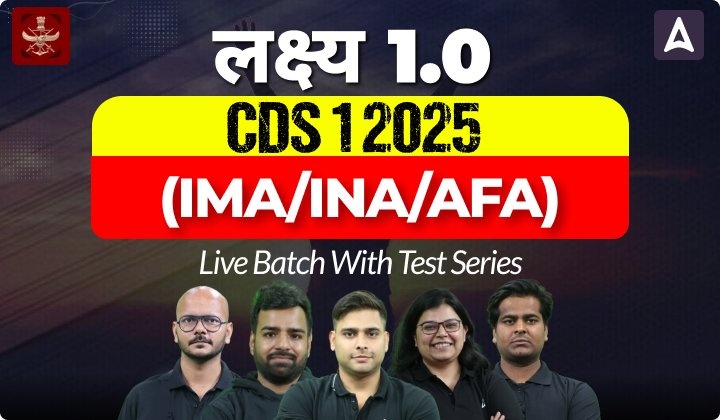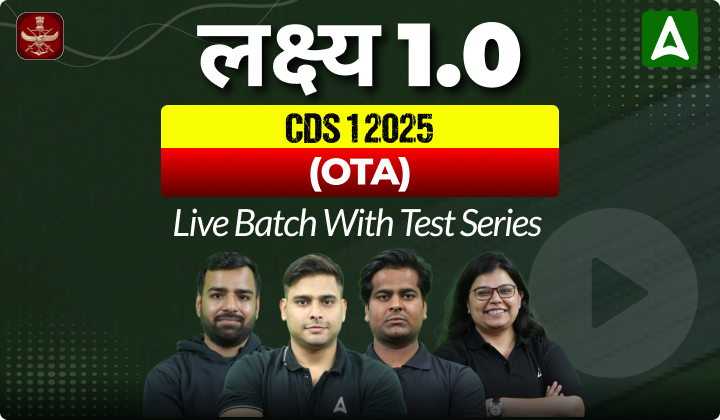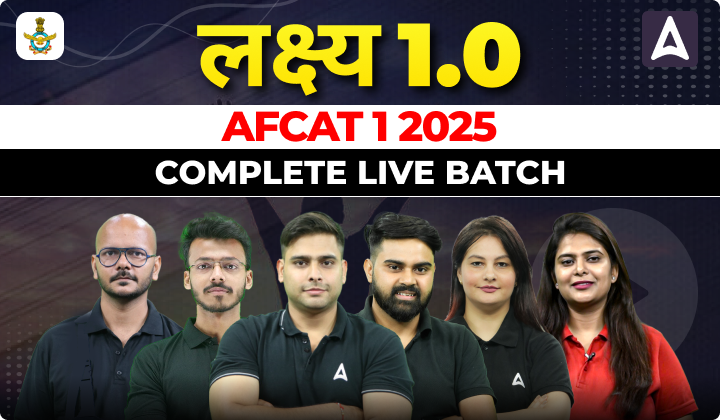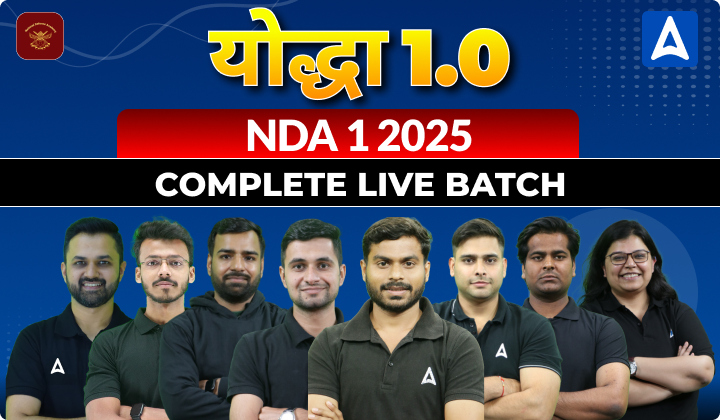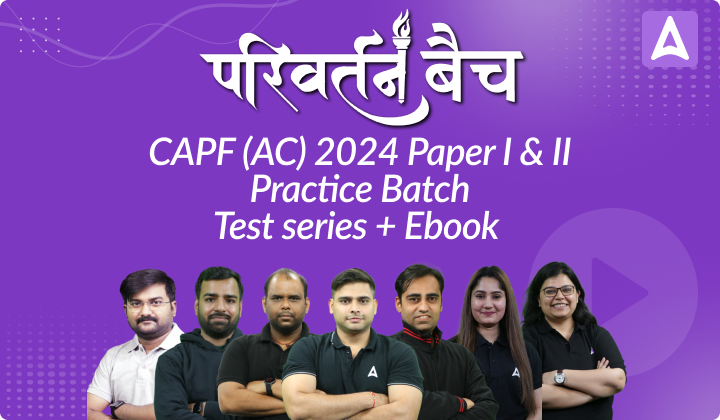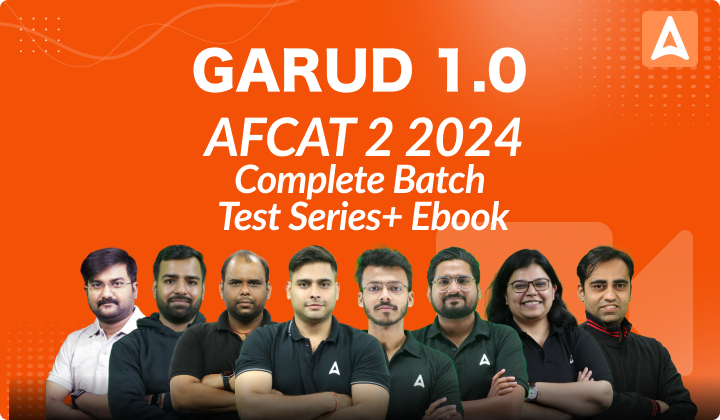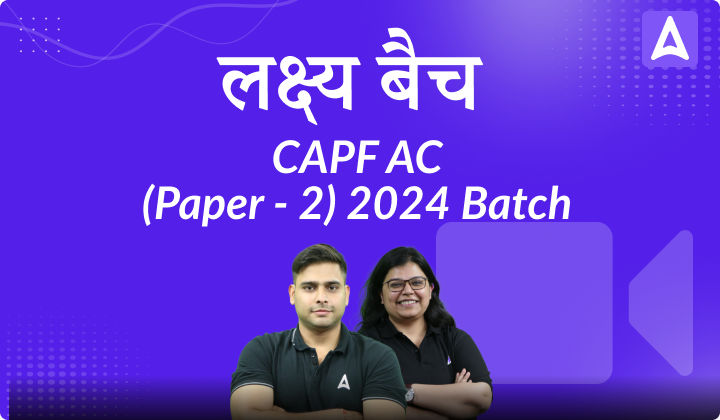Fundamental Rights
“Fundamental Rights ” is such a topic which is important not just from an exam point of view but also in general for an Indian citizen. Indian Constitution lays down the framework of government and also guarantees certain rights to the citizens of India. These rights are known as Fundamental Rights. These rights act as a check on the arbitrary exercise of power by the state or its organs.
Fundamental Rights of India
Initially, the Constitution of India had 7 Fundamental Rights but the Right to Property, however, was removed from the list of Fundamental Rights by the 44th Amendment Act of 1978.
Important Points About Fundamental Rights
- The Fundamental Rights are enshrined in Part III (Articles 12 to 35) of the Constitution.
- The development of Fundamental Rights in India is majorly inspired by the United States Bill of Rights.
- These rights are included in the constitution because they protect the dignity of the individual and help in the holistic development of the personality of the individual.
- They are enforceable by the courts, subject to certain restrictions.
- It imposes negative obligations on the state, not on encroaching on individual liberty in its various dimensions.
- They help to establish the rule of law in the country.
Let’s look into all fundamental rights and its provisions –
| Fundamental Rights | Articles |
| Right to equality | (a) Article 14 – Equal protection of the law and equality before the law.
(b) Article 15 – Prohibition of discrimination based on religion, caste, sex, place of birth, or race. (c) Article 16 – Equality of opportunity in terms of public employment. (d) Article 17 – Abolition of untouchability and prohibition of its practice. (e) Article 18 – Abolition of titles except military and academic. |
| Right to freedom | (a) Article 19 – Protection of six rights regarding freedom of-
(i) Speech and expression, (ii) Assembly, (iii) Association, (iv) Movement, (v) Residence, and (vi) Profession (b) Article 20 – Protection in a conviction for offenses. (c) Article 21 – Protection of life and personal liberty. (d)Article 21A – Right to elementary education. (e) Article 22 – Protection against arrest and detention in some instances. |
| Right against exploitation | (a) Article 23 – Prohibition of traffic in human beings and forced labor.
(b) Article 24 – Prohibition of employment of children in companies and factories, etc. |
| Right to freedom of religion | (a) Article 25 – Freedom of conscience and free profession, practice, and propagation of religion.
(b) Article 26 – Freedom to manage religious affairs. (c) Article 27 – Freedom from payment of taxes for promotion of any religion or religious affairs. (d) Article 28 – Freedom from attending religious instruction or worship in certain educational institutions |
| Cultural and educational rights | (a) Article 29 – Protection of language, script, and culture of minorities.
(b) Article 30 – Rights of minorities to establish and administer educational institutions. |
| Right to constitutional remedies | Article 32 – Right to move the Supreme Court for the enforcement of fundamental rights, including the writs of-
(i) Habeas corpus, (ii) Mandamus, (iii) Prohibition, (iv) Certiorari, (v) Quo Wrranto |
Salient Features of Fundamental Rights
-
FRs are protected and guaranteed by the constitution.
-
FRs are not absolute. In the case of A.K. Gopalan v/s State of Madras (1950), the Supreme Court stated that there cannot be unlimited or uncontrolled liberty that is solely free of limitations since it may lead to anarchy and chaos. However, the court has the power to review the reasonability of the restrictions.
-
The constitution allows the person to move directly to the Supreme Court for the reinforcement of his fundamental right as and when they are violated or restricted.
-
All the Fundamental Rights are suspended during National Emergencies except the rights guaranteed under Articles 20 and 21.
-
Fundamental Rights can be restricted during military rule in any particular area.
- The Fundamental Rights guaranteed by Articles 14, 20, 21, 21A, 22, 23, 24, 25, 26, 27 and 28 are available to all persons whether citizens or foreigners. The Fundamental Rights guaranteed by Articles 15, 16, 19, 29, and 30 are available only to citizens of India.


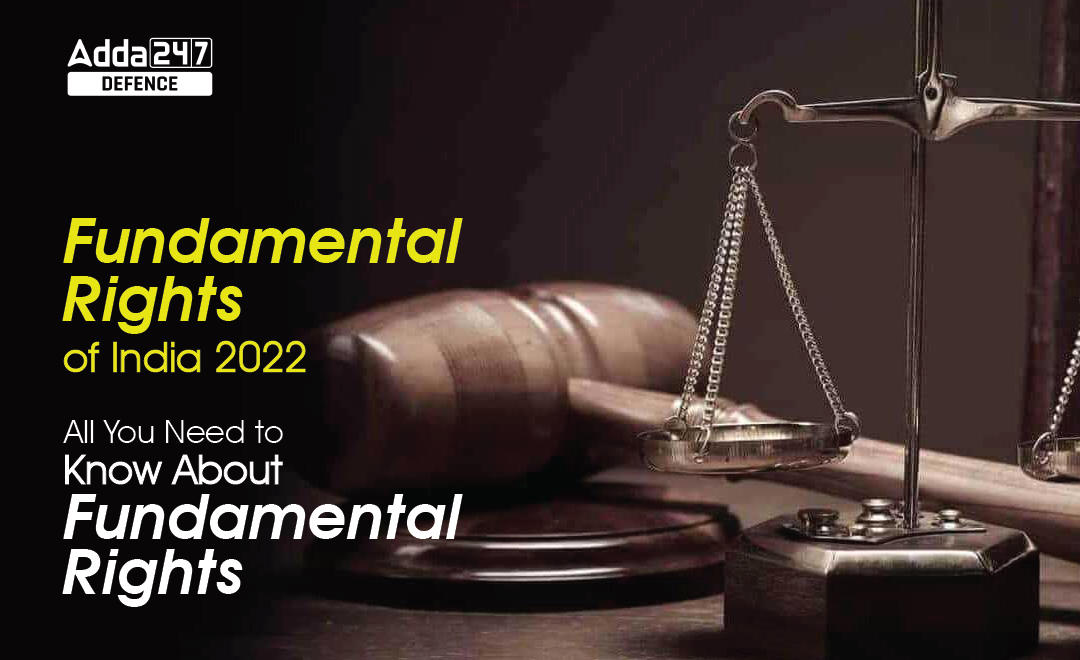

 List of All Important Inventions and The...
List of All Important Inventions and The...
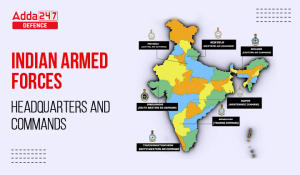 Headquarters and Commands of Indian Arme...
Headquarters and Commands of Indian Arme...
 IND–INDO CORPAT Exercise 2024
IND–INDO CORPAT Exercise 2024

